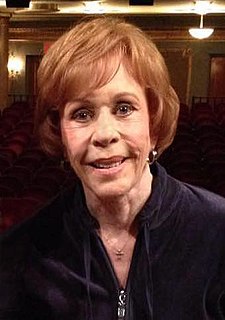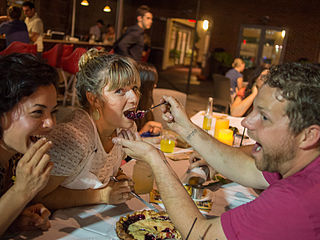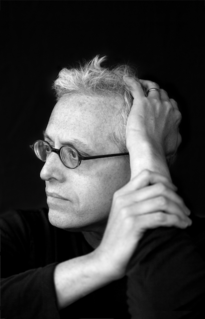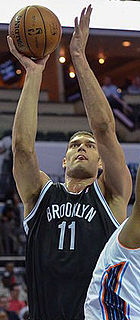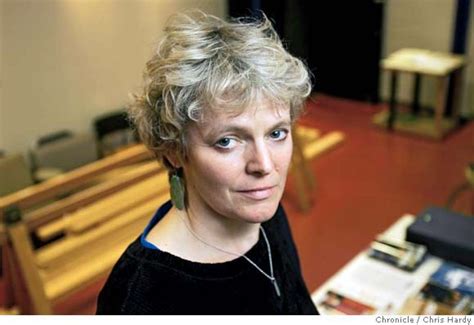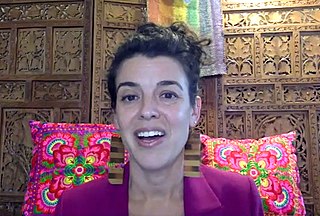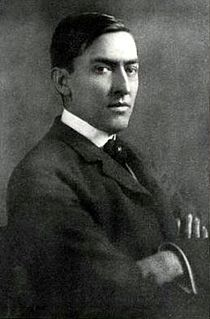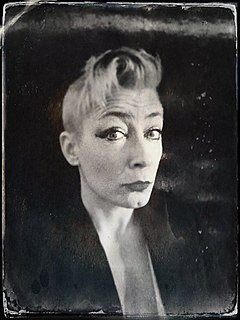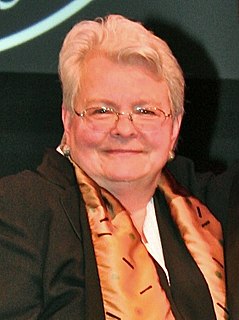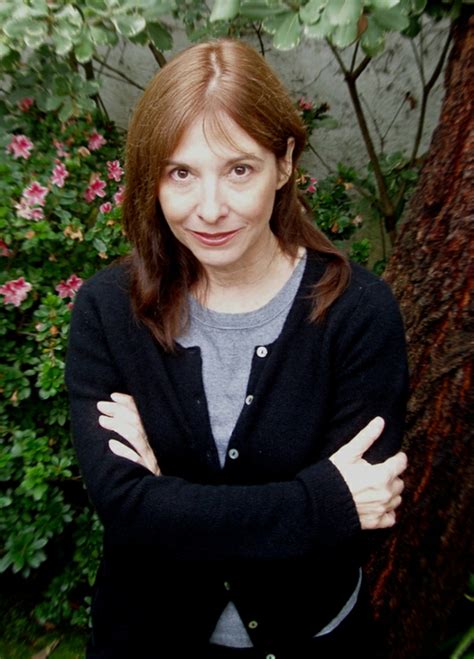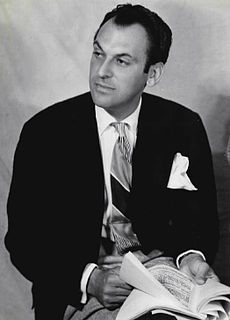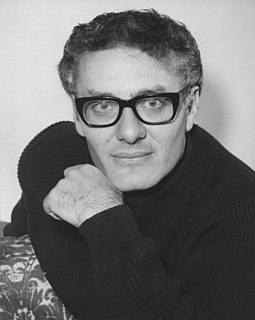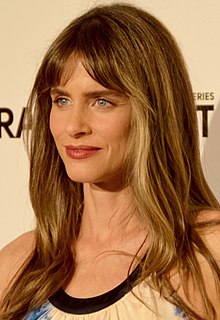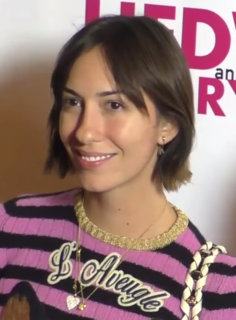Top 53 Playwriting Quotes & Sayings
Explore popular Playwriting quotes.
Last updated on April 14, 2025.
When I was in college at UCLA, I took a playwriting course. I was all set to be a writer. But I had to take this acting class as a theater arts major. I had to do this scene in a one-act comedy. I just said this line, and then... this laugh happened. I thought, 'Whoa. This is a really good feeling. What have I been missing?'
When I used to teach writing, what I would tell my playwriting students is that while you're writing your plays, you're also writing the playwright. You're developing yourself as a persona, as a public persona. It's going to be partly exposed through the writing itself and partly created by all the paraphernalia that attaches itself to writing. But you aren't simply an invisible being or your own private being at work. You're kind of a public figure, as well.
My abject hatred of actors and the acting world. I went to college as an actor, and halfway through, I switched to playwriting and directing. Then I spent a couple years working in publishing, doing some freelance journalism for The Village Voice and Musician magazine. I thought my life was going to be as a writer, but then I realized I missed performing, so I got into comedy. It was a nice combination of things I was sort of good at. I was a pretty good writer and a decent actor, but I didn't really like acting, and I didn't have the discipline to be a writer.
I write in order to understand the images. Being what my agent . . . somewhat ruefully calls a language playwright, is problematic because in production, you have to make the language lift off the page. But a good actor can turn it into human speech. I err sometimes toward having such a compound of images that if an actor lands heavily on each one, you never pull through to a larger idea. That's a problem for the audience. But I come to playwriting from the visual world - I used to be a painter. I also really love novels and that use of language. But it's tricky to ask that of the theatre.
I got the breaks. Starting from nowhere in the corn belt, I helped edit a country weekly, then was jack-of-all-departments on an obscure daily, so that when I arrived in a big city everything I tackled in the line of column conducting and syndicate peddling and playwriting had to bring promotion, because I had no social standing which could be endangered, no reputation to toss away and no pride which might suffer a setback. Everything I acquired had to be velvet. You cannot lose your silver spoon if you are brought up on pewter.
Brooke Berman's voice is utterly distinct, and her book, detailing her nomadic artist's journey toward both a successful playwriting career and a home of her own, through 20 years of cramped sublets, high-rise palaces, writer's colonies, and boyfriend's vans, is a hilarious, hopeful, and penetrating must-read.
When I got out of undergrad, I had a degree in theater and telecommunications. My first job, I was a news reporter for the local stories for NPR. Then I was a country-western DJ. I did data entry for a yearbook company. In my mid-20s I went back to grad school at NYU, and I specialized in playwriting.
My mother was working on her college degree throughout my childhood, and being the youngest in the family, that meant being dragged to a lot of her classes. She majored in playwriting, so I was exposed to theatre from a very young age, and it was just the most magical world to me. I never really wanted to do anything else.
I have tried to defend what is most precious to our American society, a society that is now at war against the forces of racial intolerance.A big part of me making the decision was how important the play is for the times that we live in. This is a classic. It's a masterpiece of American playwriting. It's about discrimination and it's about we Mexicans being a target for so many years.
I don't have an audience in mind when I write. I'm writing mainly for myself. After a long devotion to playwriting I have a good inner ear. I know pretty well how a thing is going to sound on the stage, and how it will play. I write to satisfy this inner ear and its perceptions. That's the audience I write for.
In playwriting, you've got to be able to write dialogue. And if you write enough of it and let it flow enough, you'll probably come across something that will give you a key as to structure. I think the process of writing a play is working back and forth between the moment and the whole. The moment and the whole, the fluidity of the dialogue and the necessity of a strict construction. Letting one predominate for a while and coming back and fixing it so that eventually what you do, like a pastry chef, is frost your mistakes, if you can.
What was once a cottage industry dedicated to the discovery and development of new voices and works has become instead the raison d'etre for many a playwright's existence . . .. And since readings have become playwrights' main source of exposure, the nature of playwriting has changed to fit readings' needs. Investigation into what is eminently theatrical has been substituted - more and more these days - by what can simply come across and read well.
I began as a dramatist in the theater, so I'm always thinking about how a story moves, what it looks like, how to engage the senses, how dialogue sounds, what feels authentic and sounds real, what's funny, how to build distinctive and original characters - all the aspects of playwriting, scene-building, the architecture of dramatizing.
I've come to view screenwriting assignments as playwriting grants, because they provide a considerable financial cushion. However, they can also be extremely time-consuming. Film projects tend to drag on and on, which takes me away from the theatre, and then they don't get made. At the same time, the screenplays that have come my way have been quite challenging, for the most part, and even enjoyable.
The only reason I acted in school was because of the community. I was in the chorus of every play and was never the lead other than one time, but to me it was about the community. I was an English major and my whole goal was to be an English teacher and was lucky enough to get into the playwriting group. The whole experience I had at Brown was eye opening and the most mind-bending experience.
In senior year at college, Paula Vogel was my playwriting teacher; she is the first person to introduce me to the notion that a woman could actually forge a career in the theatre. Up until then, the possibility seemed remote and inaccessible, as I had very few role models who directly touched my life.

